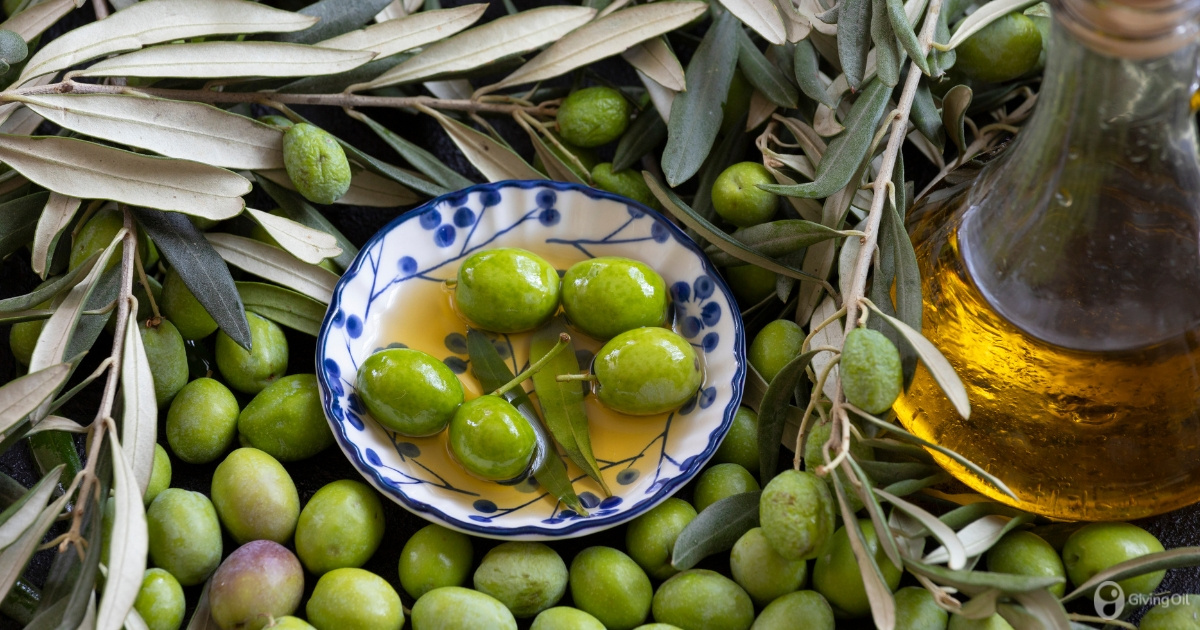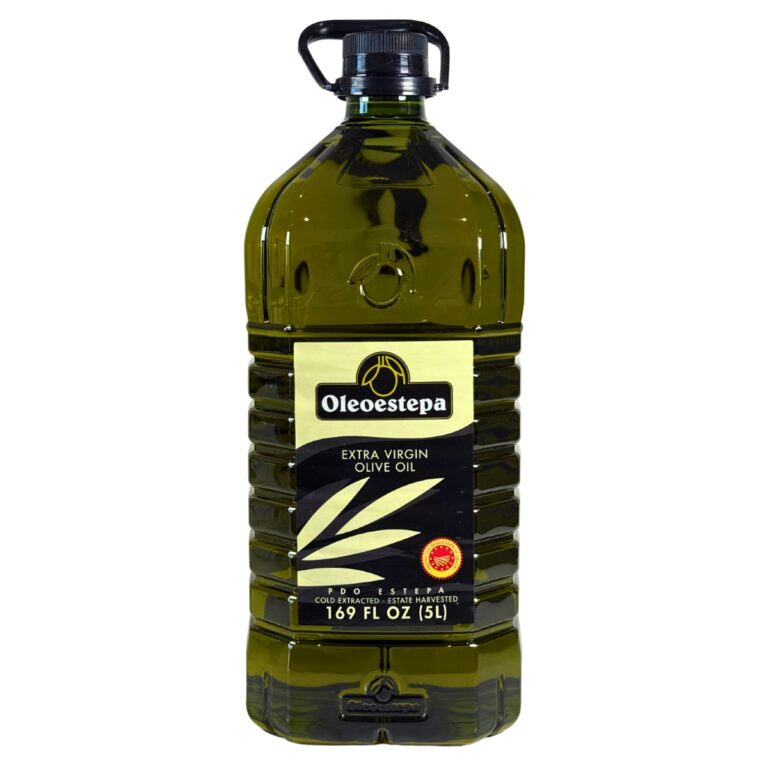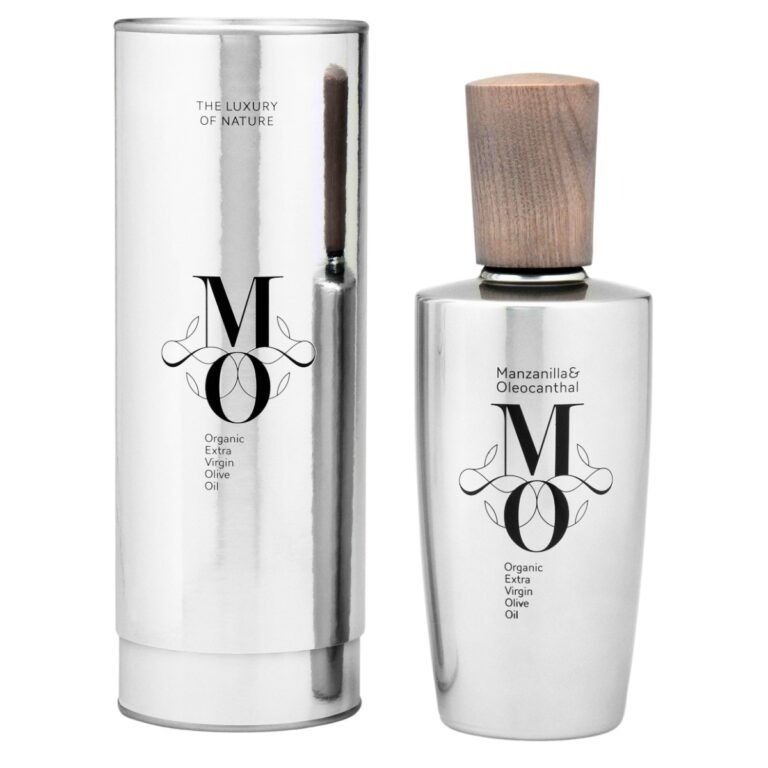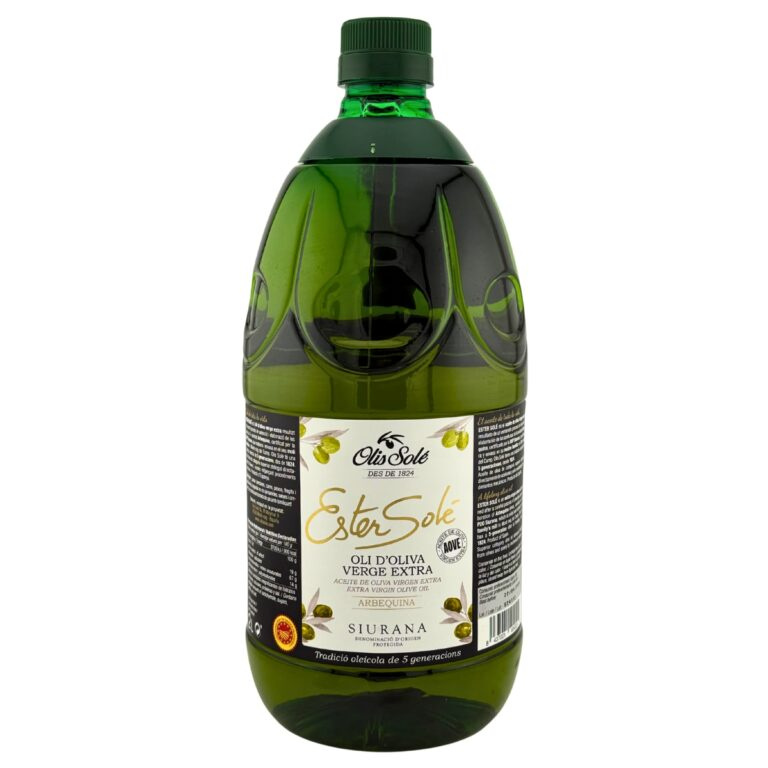
The best uses for each olive oil variety – Explained simply and clearly
Olive Oil isn’t all the same – and that’s a good thing
Olive oil is one of those ingredients that can quietly transform a dish—when used right. But here’s the thing: not all olive oils are the same. Different olive varieties produce oils with different flavors, intensities, and ideal culinary uses. Whether you’re cooking for your family in Dubai or exploring new recipes in Abu Dhabi, knowing which oil to use can take your food from good to unforgettable.
At Giving Oil, we specialize in high-quality olive oils sourced from world-class brands and estates. We’re here to guide you through the main varieties we offer—and show you exactly how to use them.
Arbequina Olive Oil – light, smooth, and everyday-friendly
Originally from Spain, Arbequina olives produce a mild, fruity oil with a subtle sweetness. It’s the kind of olive oil that works for just about anything, especially when you don’t want the oil to overpower your dish.
Best uses for Arbequina:
- Fresh salads and vinaigrettes
- Homemade aioli and mayonnaise
- Baking (cakes, muffins, even cookies)
- Marinating fish or chicken
In a UAE kitchen where fusion cooking is common, Arbequina’s gentle profile is perfect for both Western and Middle Eastern dishes.
Explore our selection of Arbequina olive oils.
Athinolia Olive Oil – bold, grassy, and packed with flavor
This Greek variety is more intense—peppery, green, and slightly bitter. If you like your olive oil to have a strong voice, Athinolia is your go-to.
Best uses for athinolia:
- Grilled meats and roasted vegetables
- Dipping with warm bread (especially with herbs like za’atar)
- Finishing hearty soups or lentil stews
It brings an earthy depth to dishes—try it over a warm chickpea salad or mixed into roasted eggplant.
Explore our selection of Athinolia olive oils.
Koroneiki Olive Oil – balanced, aromatic, and versatile
Another Greek gem, Koroneiki is rich and fruity with a lovely balance of freshness and spice. It’s also high in antioxidants and stands up well to heat.
Best uses for Koroneiki:
- Cooking at medium heat (sautéing, simmering, sauces)
- Drizzling over quinoa, couscous, or freekeh
- Mixing into green salads with feta, citrus, or nuts
If you’re experimenting with Mediterranean-style meals in Dubai or Sharjah, this one brings real character to your cooking.
Explore our selection of Koroneiki olive oils.
Picual Olive Oil – intense, strong, and built for cooking
This bold Spanish variety delivers deep, vegetal flavors with hints of green tomato and almond. It’s one of the most stable olive oils under heat, making it excellent for cooking.
Best Uses for Picual:
- Frying or deep frying (perfect for falafel or sambousek)
- Slow-cooked dishes and stews
- Preserving cheese, vegetables, or sun-dried tomatoes
For UAE kitchens where bold spices and long cooking times are part of the culture, Picual is a reliable and delicious option.
Explore our selection of Picual olive oils.
Royal Olive Oil – rare, elegant, and perfect for finishing touches
A lesser-known variety from Jaén, Spain, Royal olive oil is smooth, light, and a little bit sweet. Think of it as a luxury finish for your plate.
Best uses for Royal Olive Oil:
- Delicate dishes (steamed white fish, soft cheese)
- Cold soups like gazpacho or cucumber-yogurt soup
- Desserts – over fruit, ice cream, or yogurt
Perfect for fine dining at home or impressing guests in your Dubai apartment.
So, which olive oil should you choose?
There’s no one-size-fits-all olive oil. Each variety has its own role in the kitchen. Think of them like spices: some are bold, others are subtle, and each one brings something special to your dish.
And here’s the good news: at Giving Oil, we’ve curated a selection of world-class olive oils, ready to deliver across the UAE. We don’t produce the oils—we specialize in selecting the best brands so you can explore the full spectrum of flavor and quality.
Ready to find your perfect olive oil?
Browse our full collection at Giving Oil and discover how a great olive oil can transform the way you cook.


































Add comment